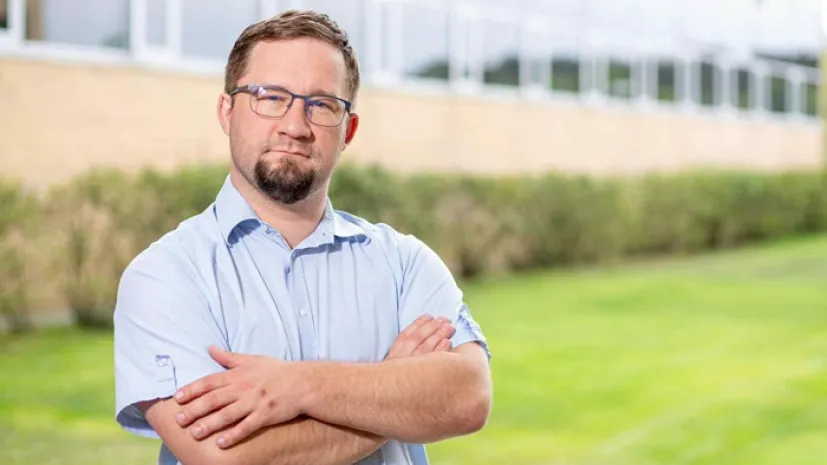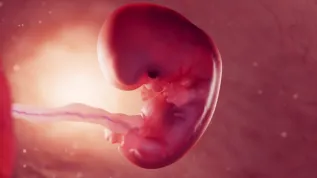-

Humanising chatbots will transform our value system, says tech anthropologist
Children are growing up in a digital culture shaped not just by screens, but by frequent interaction with artificial intelligence. According to Ada Florentyna Pawlak, PhD — a technological anthropologist and lecturer at SWPS University — the progressive humanisation of AI tools, including chatbot companions, may have far-reaching effects on how the youngest generation thinks, feels, and relates to others.
-
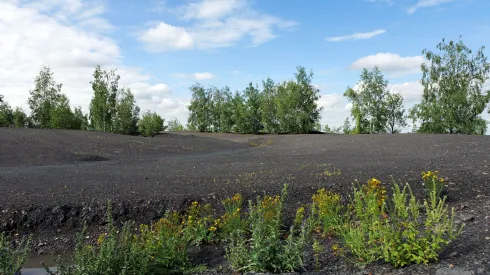
Polish scientists develop new geomaterials from waste in European MidSafe project
The Central Mining Institute – National Research Institute (GIG-PIB) is taking part in the European MIDSafe project, which uses fly ash and mining waste to develop new geomaterials designed to stabilize mine dumps, absorb heavy metals and reduce pollution.
-
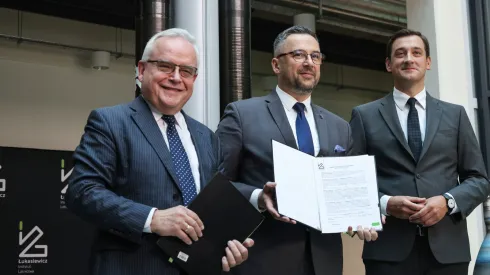
Łukasiewicz Network to test Polish technologies in space
Poland’s Łukasiewicz Research Network has launched the SPARK project, which will develop a Polish research satellite to test domestic technologies in space.
-

Polish researchers unveil cold plasma tech for water contaminant removal
A team of Polish scientists from Gdańsk and Wrocław has secured a patent for a breakthrough method of removing endocrine-disrupting chemicals (EDCs) from water, potentially transforming wastewater treatment and reducing environmental contamination.
-
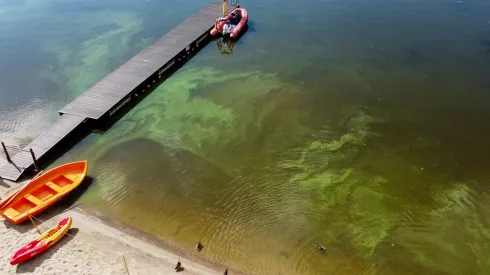
Polish scientists develop technology for cleaning bathing areas in lakes
Researchers from Poland have developed a patented system to create special bathing areas in lakes that limit the inflow of pollutants and cyanobacteria, aiming to restore recreational use to many of Poland’s polluted water bodies.
-

AI chatbots develop distinctive writing styles like humans, Polish research finds
ChatGPT and Gemini AI exhibit their own unique writing styles, akin to human idiolects, according to new research by Dr. Karolina Rudnicka from the University of Gdańsk, published in Scientific American.
-

Polish scientists building space telescope to study origins of Earth's water
A team of researchers from Jagiellonian University is developing the institution's first scientific satellite, which will carry a space telescope designed to study the origins of water on Earth by observing 50 comets.
-
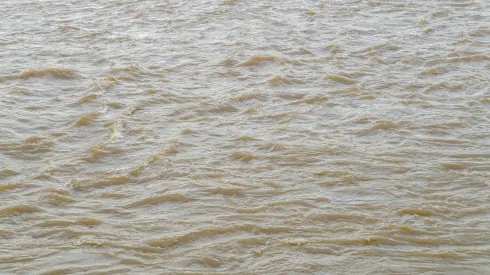
Polish scientists develop biodegradable bacterial sponge to clean wastewater
Researchers from the University of Silesia in Katowice have patented a novel biological preparation that improves the removal of pharmaceuticals and phenolic compounds from wastewater.
-

Warsaw Uni researchers help launch multilingual mental health platform for migrants and refugees
Migrants and refugees face serious mental health challenges, often compounded by language barriers and lack of information on how to access care.

